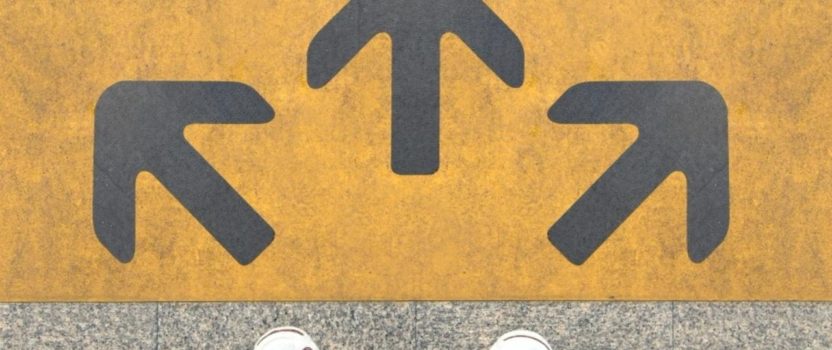Resilience and Self-Care
Resilience can be a multi-factorial component in our lives, making it important to understand all aspects, true or misguided. An article posted in the NYTimes focuses on such dynamics. As the author suggests, resiliency is widely understood as encountering a challenge, which makes us stretch, grow and bounce back. Though, this thought may be under the assumption that the challenge will end, but what if that challenge is a string of events or ongoing battles?
People who may be thought as resilient in terms of tolerating the ups and downs of life, may also develop discomfort in not actively taking leaps in getting their own needs met. Additionally, the author stresses the importance in not only cultivating endurance in terms of being resilient, but also giving a space in finding what a resilient person wants, outside of having the ability to “handle anything.”
Please see the attached article:
From this angle, we encourage you to think about and share thoughts related to resiliency.
- What makes resiliency different from the general idea of “being tough” or “withstanding hardship”?
- How do we “carry on” while also giving space for taking leaps and trying new things?
- How do we balance the idea of being thoughtful in preparing for difficult periods of time, while also allowing for spontaneity in doing things “just because”?
- How do we put limits on saying “yes” even if we can handle unfortunate situations?
- How do we handle “failing” at something if we set our mind in trying something new, outside of our comfort-zone?
- If we feel stuck in a position to “weather the storm” with others around us, how can we break free from such designated roles and embrace the ability in not needing to consistently brace for the next unpleasant event?
- What makes society’s typical idea of resiliency different from the true essence of what resiliency is?
- What can we learn from this article in raising awareness in how our loved ones may be molded into thinking that resiliency means always being steadfast? And how can we move away from such roles or embedded thoughts?

